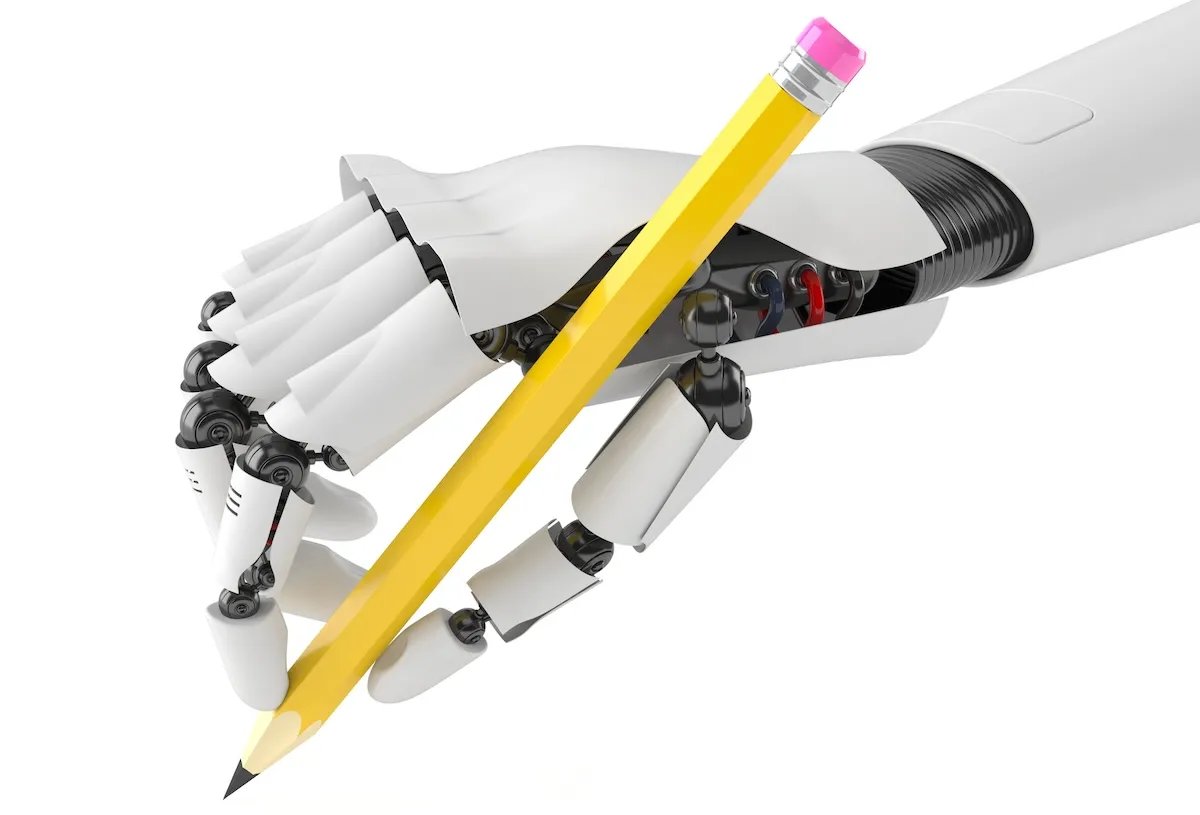Stephen Hawking is one of the most well regarded scientists of our day, and for decades now he has relied on technology to allow him to speak. Hawking suffers from amyotrophic lateral sclerosis, commonly called Lou Gehrig’s disease, and as his condition declines, so does the rate at which he can communicate. Now, Intel says they can use new technology to increase Hawking’s ability to communicate, which has dropped to as little as one word per minute.
Intel has been providing Hawking with the technology he uses to communicate since the 1990s. Currently, he controls a computer by twitching a muscle in his cheek to stop a cursor that moves constantly over a screen of letters and words. For a person like Hawking who is trying to communicate a large amount of information, this can be a slow and frustrating process.
In 2011 Hawking contacted Intel co-founder Gordon Moore about developing a system that could get his rate of communication back up to five words per minute, where it had been previously, or even better — raise it to 10. Intel was up to the challenge, and now believe they can meet Hawking’s demand.
The current system Hawking uses only allows for one input based off his cheek muscle, but Hawking has several other voluntary motions in his mouth and eyebrows that can be used as well. Adding even one other input would give Hawking the ability to communicate in Morse code, which could potentially be much faster than his current set-up.
They’ve also given the software Hawking uses better word-prediction and a new character-driven interface. Intel is also exploring whether facial-recognition software could be used as a faster way for Hawking to communicate. The key to increasing the speed seems to be getting away from needing Hawking to select individual letters or words. Another key could be context awareness, or a computer understanding us on a personal level to better understand what we are trying to say. Intel chief technology office Justin Rattner compared it to how friends communicate.
Intel will use a combination of sensors and software to move forward with their context aware systems. They hope this could give our devices a better sense of how and why we use them, and how our needs change with new information. Google Now is an early example of context-aware software.
Without my having to tell it to, Google Now sends me an alert if there’s heavy traffic between my home and the Geekosystem office so I know to leave early. It even tells me how much earlier I need to leave. Technology like this is quickly getting more advanced and Rattner says there will be an emotional connection between users and their devices in the next few years. Stephen Hawking almost certainly already has an emotional connection to his.
(via Scientific American, image via NASA hq photo)
- Stephen Hawking lost a $100 bet over CERN’s Higgs discovery
- Hawking is a regular at a California sex club
- He understands a lot of things, but women are still a mystery








